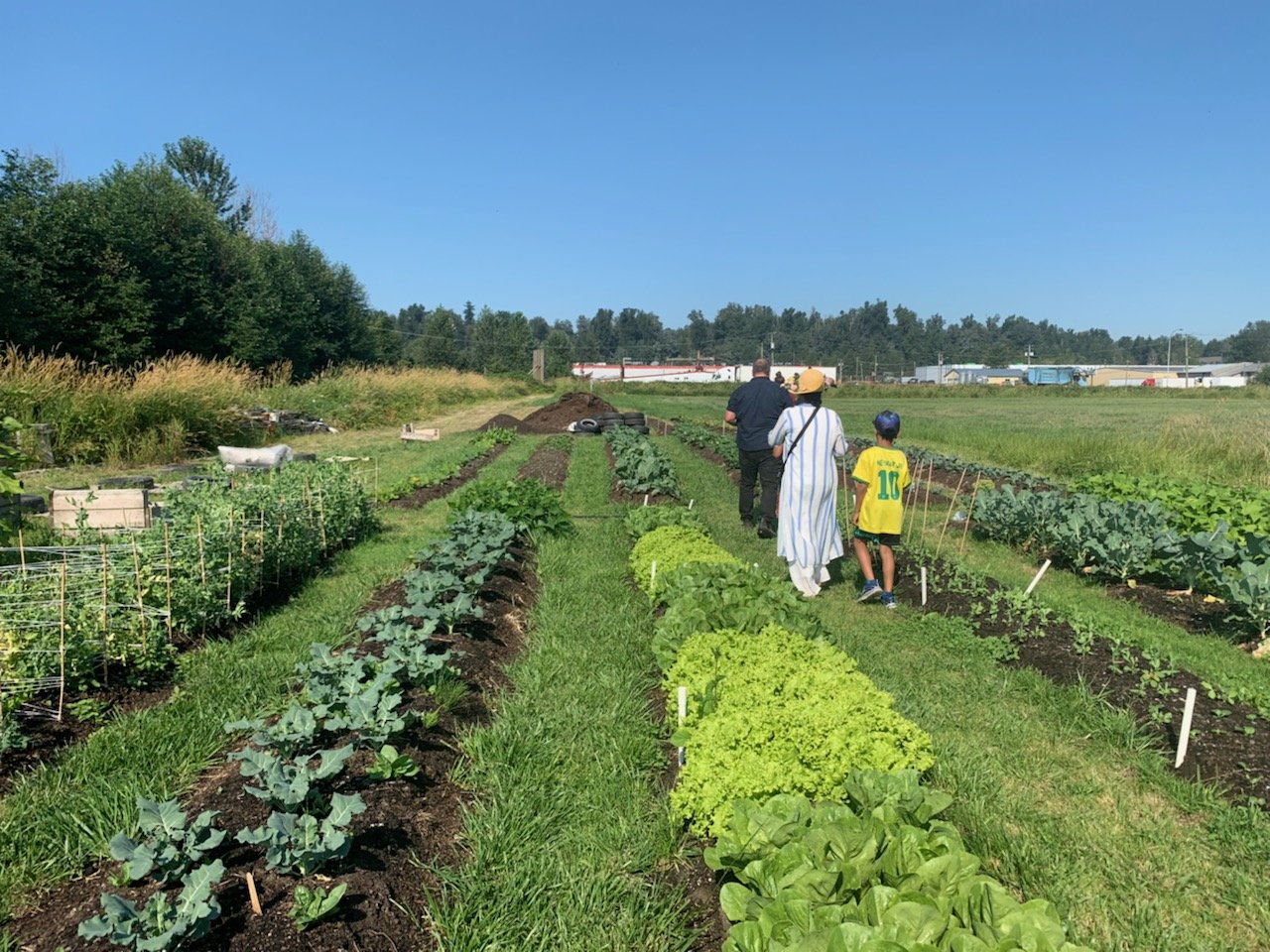Archway’s fight for food justice
Archway Community Services has been ensuring food security within Abbotsford through the work of the Food Bank since the 1980’s. In 2021, a new Food Justice program emerged to advocate and provide services for every member of the community to access nutritional and culturally appropriate foods in a dignified way.
Through working with different service providers, doing community engagement, and conducting research, the Food Justice program is able to identify what types of gaps and barriers our community is experiencing in terms of food security. Based on this research and engagement, they are able to build programming and advocate for people who need assistance accessing healthy and culturally appropriate foods.
“Food is a human right so we want to make sure everyone has access to what they need,” said Vicki Lin, Food Justice Program Coordinator.
The Food Justice program meets people where they are at and tries to identify ways we can make access to healthy, culturally appropriate food more accessible.
The program was recently awarded a grant through the Vancouver Foundation to do participatory action research with the Street community and assess their food justice needs
“We already know that the street community is food insecure, but we need to do a better job at identifying what sorts of needs and barriers they have in terms of food,” said Vicki.
For instance, canned goods are not the best option to give someone who is precariously housed or unhoused, because they may not have a can opener, or a way to heat up the contents of the can.
Some ways to ensure food justice for the street entrenched community is to make sure service providers are giving them nutritious food, considering what is easy for them to carry, and trying to limit the amount of waste that comes with food.
“I think the main thing is making sure we’re offering them the quality of food that every human deserves,” said Vicki.
Right now, this survey using participatory action research is still in the preliminary phase. They have designed a survey model, and the next step is to bring it to Peers who work with organizations like CEDAR or Lookout. The Peers, who get honorariums for their work, can read through the survey and identify if any questions are stigmatizing or undignified, and provide other insight about the length of the survey and how to attract people to take the survey. The Food Justice team will then take this feedback and revise the survey to be more appropriate for the intended audience.
Peers are experts in this field through their lived experience, so it’s important to involve them in the research from the very beginning, otherwise the program being developed based on this research will miss the mark.
Vicki defines the term participatory action research as “talking to people who have lived experience in whatever area you are trying to research and having them be part of the research team, influencing the decisions being made in the whole process.”
Before they can administer this survey to the intended community members, the Food Justice team will have to engage in more outreach and relationship building in order to flatten the power dynamic that often exists between service providers and clients. Vicki wants participants to feel comfortable and safe to speak honestly about their experiences with food justice.
“It’s important to have their voices heard and make them feel like they’re advocating for themselves,” said Vicki.
Even though food insecurity may just be a constant if you’re precariously housed or unhoused, we still need to ensure the food access services are dignified services and feeding others food that we would want to eat.




